Spain, Italy and Croatia collide in Euro 2024 Group B
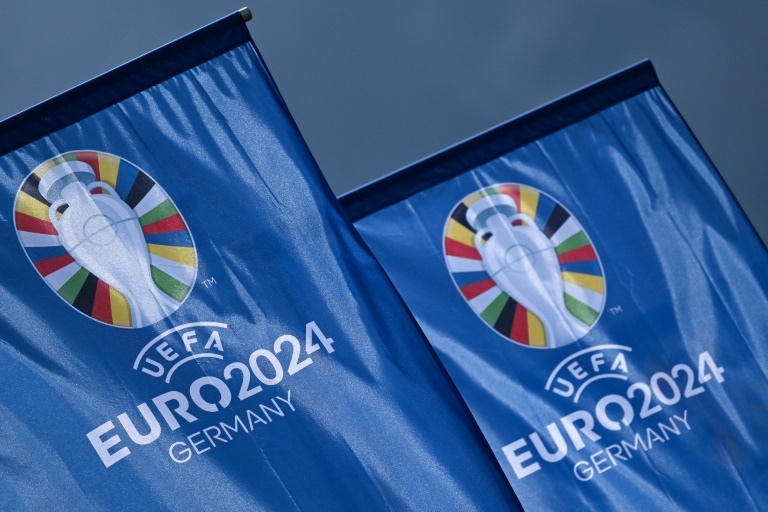
Heavyweights Spain, defending champions Italy and Croatia will duke it out in the dreaded group of death as they battle to reach the latter stages of Euro 2024.
1 year ago
A durable Albania side join the strong trio in the fascinating Group B, determined to do more than just make up the numbers in Germany. Spain are favourites to progress after defeating both Italy and Croatia to win their first UEFA Nations League title in 2023, but those hard-fought matches revealed there is little between the three powerful teams.
Luis de la Fuente took Spain to their first trophy since La Roja won Euro 2012, their third European Championship victory. With young wingers Lamine Yamal and Nico Williams embedding themselves in De la Fuente's plans, Spain have the flair and speed missing in the past to complement their deep reserves of technical ability.
La Roja are still without a reliable goalscorer, with Atletico Madrid's Alvaro Morata badly out of form in the second half of the season and yet likely to lead the line. Manchester City defensive midfielder Rodri adds consistency and steel to hold things together at the back. A 3-3 friendly draw against Brazil in March illustrated some of Spain's strengths and weaknesses.
Italy, who triumphed against England to win Euro 2020, are a tough prospect on paper despite their failure to reach the 2022 World Cup. Former Napoli coach Luciano Spalletti took over in August after Roberto Mancini's unexpected resignation. The two-time winners boast several players from Serie A champions Inter Milan's side, led by playmaker Nicolo Barella.
Paris Saint-Germain goalkeeper Gianluigi Donnarumma was key in Italy's triumph in the last edition. Similarly to Spain, Italy lack a clear first choice, top quality centre-forward, with Genoa's Mateo Retegui the current best bet to lead the line, while Juventus' Federico Chiesa will be a danger from out wide.
Croatia were knocked out by Spain in the last 16 at Euro 2020 but their blend of experience and emerging talent could take them far further on this occasion. Runners-up at the 2018 World Cup and third in Qatar two years ago, Zlatko Dalic's Croatia will try to give 38-year-old veteran midfielder Luka Modric a superb swansong.
Osasuna forward Ante Budimir is in fine form in Spain, while with Mateo Kovacic and Marcelo Brozovic in midfield and Josko Gvardiol at the back, Croatia have top talent sprinkled throughout the team. Albania, by contrast, boast no star names but are capable of defending deep and setting out to frustrate more illustrious opponents, while waiting patiently for chances to counter.
Draws with minnows the Faroe Islands and Moldova last year explain Albania's status as rank outsiders in what will be one of the most intriguing groups to follow in Germany. Albania start against Italy on June 15, while Spain take on Croatia to kick off the group. La Roja then face Italy on June 20 with Albania pitted against Croatia, before Spain play the minnows and champions the Azzurri take on Dalic's team on June 24.
Luis de la Fuente took Spain to their first trophy since La Roja won Euro 2012, their third European Championship victory. With young wingers Lamine Yamal and Nico Williams embedding themselves in De la Fuente's plans, Spain have the flair and speed missing in the past to complement their deep reserves of technical ability.
La Roja are still without a reliable goalscorer, with Atletico Madrid's Alvaro Morata badly out of form in the second half of the season and yet likely to lead the line. Manchester City defensive midfielder Rodri adds consistency and steel to hold things together at the back. A 3-3 friendly draw against Brazil in March illustrated some of Spain's strengths and weaknesses.
Italy, who triumphed against England to win Euro 2020, are a tough prospect on paper despite their failure to reach the 2022 World Cup. Former Napoli coach Luciano Spalletti took over in August after Roberto Mancini's unexpected resignation. The two-time winners boast several players from Serie A champions Inter Milan's side, led by playmaker Nicolo Barella.
Paris Saint-Germain goalkeeper Gianluigi Donnarumma was key in Italy's triumph in the last edition. Similarly to Spain, Italy lack a clear first choice, top quality centre-forward, with Genoa's Mateo Retegui the current best bet to lead the line, while Juventus' Federico Chiesa will be a danger from out wide.
Croatia were knocked out by Spain in the last 16 at Euro 2020 but their blend of experience and emerging talent could take them far further on this occasion. Runners-up at the 2018 World Cup and third in Qatar two years ago, Zlatko Dalic's Croatia will try to give 38-year-old veteran midfielder Luka Modric a superb swansong.
Osasuna forward Ante Budimir is in fine form in Spain, while with Mateo Kovacic and Marcelo Brozovic in midfield and Josko Gvardiol at the back, Croatia have top talent sprinkled throughout the team. Albania, by contrast, boast no star names but are capable of defending deep and setting out to frustrate more illustrious opponents, while waiting patiently for chances to counter.
Draws with minnows the Faroe Islands and Moldova last year explain Albania's status as rank outsiders in what will be one of the most intriguing groups to follow in Germany. Albania start against Italy on June 15, while Spain take on Croatia to kick off the group. La Roja then face Italy on June 20 with Albania pitted against Croatia, before Spain play the minnows and champions the Azzurri take on Dalic's team on June 24.

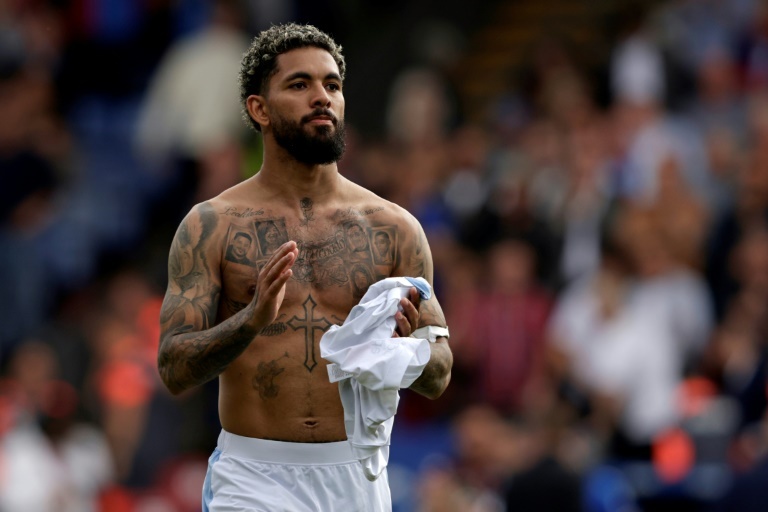
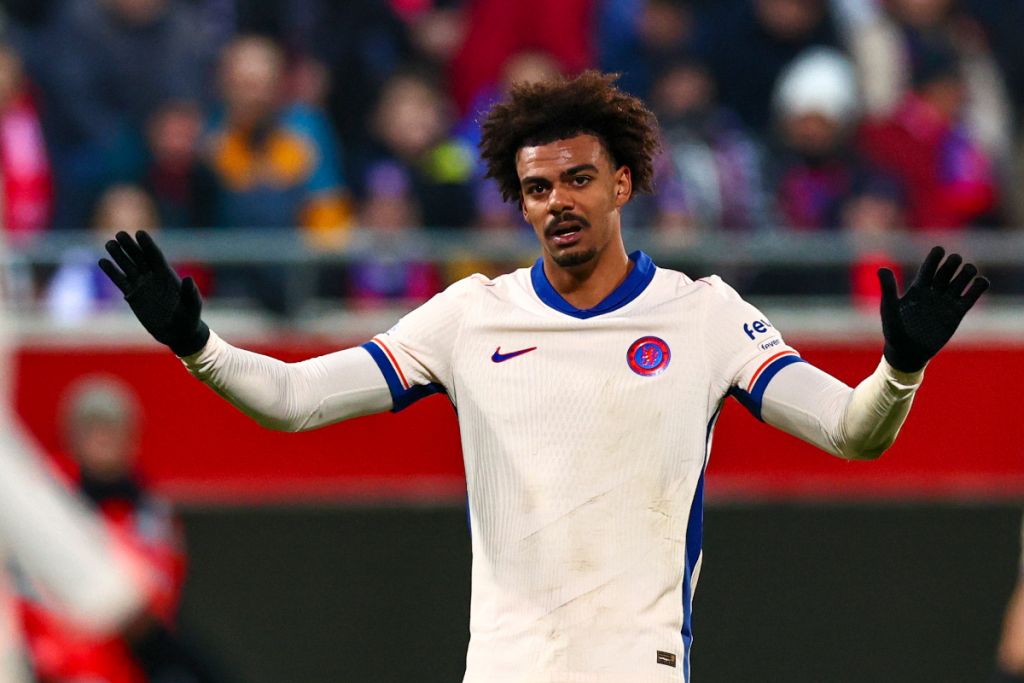
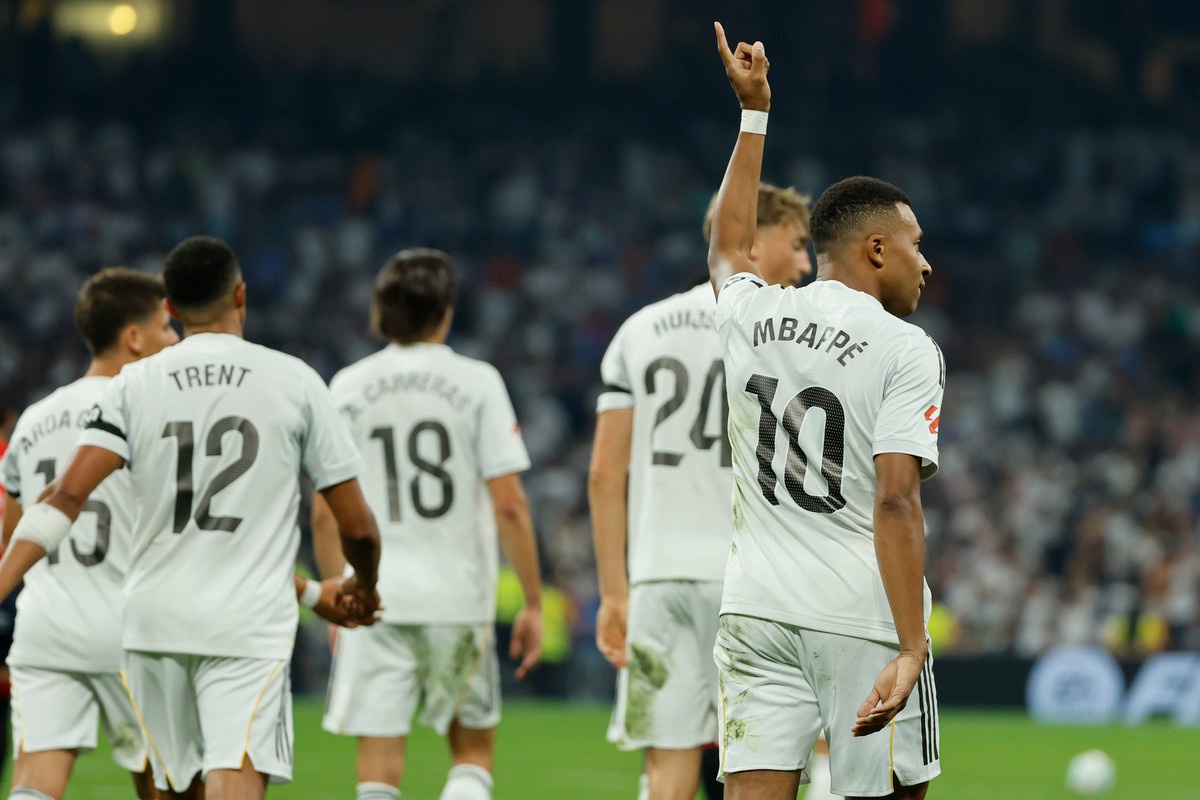
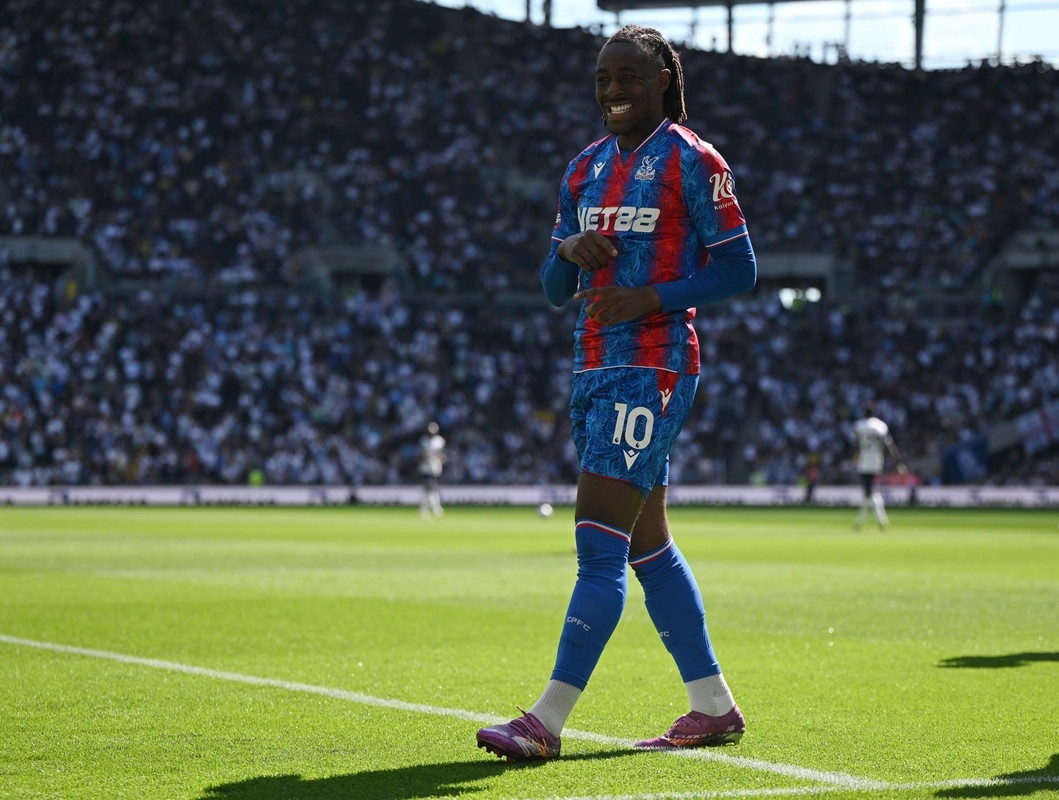

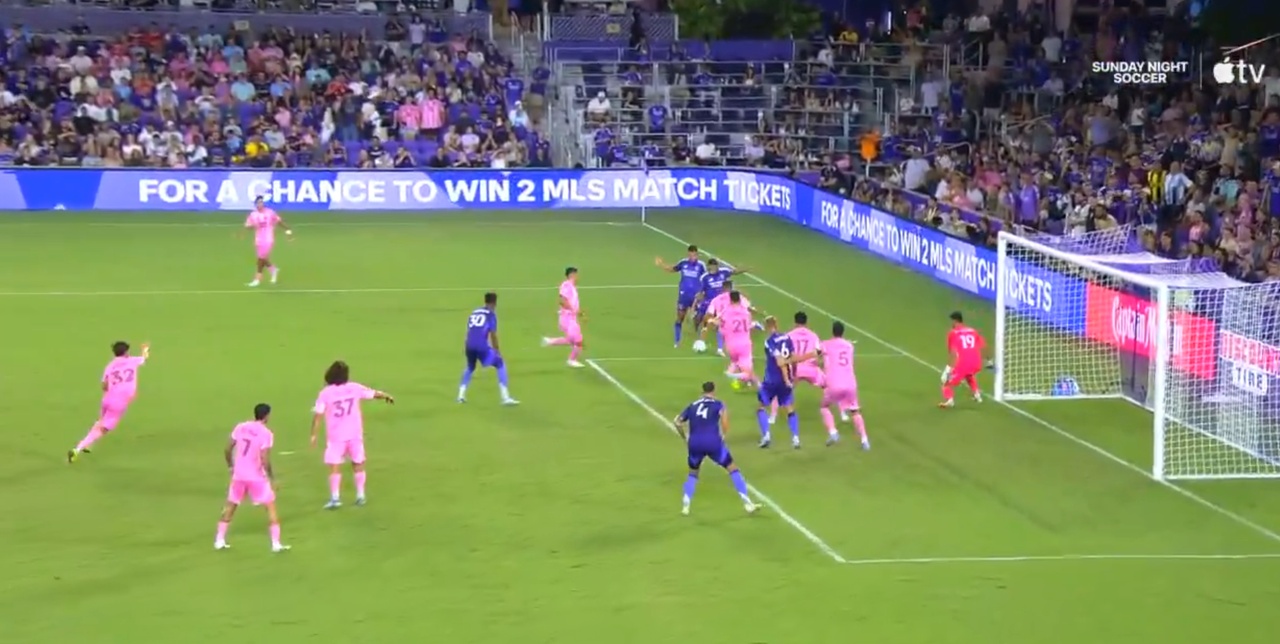
Comments